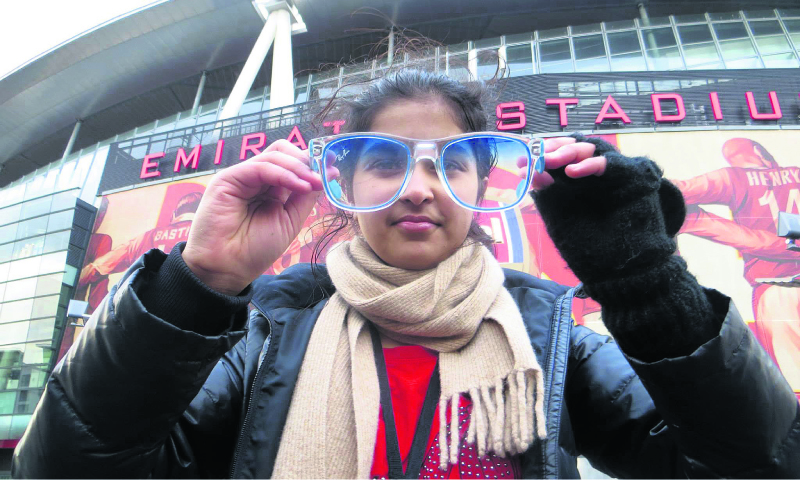Cross-border trade and tourism expo
6 years ago
The author is a Sociologist from Jawaharlal Nehru University and ‘Wine Feminists’ is a term she coined. Also, the opinion expressed is personal.

6 years ago

6 years ago

6 years ago

6 years ago

6 years ago

When I say I was raised shy, nervous, and narrow-minded, many people within my circle don’t believe me. My friends currently know me as someone who asks a lot of questions and debates over unconventional issues. I have a focused approach to life that translates to everything that I am and aspire to be. A major part of what I am today is because of my two years in the UK that introduced me to a dynamic educational environment, a multicultural community and a few moments of cultural shock.
In contrast to the average Nepali middle-class, the West felt more welcoming to students and entrepreneurs who are trying to make a positive social impact in society. In the UK, there are more opportunities for aspiring young individuals to exploit their potentials, follow their passions and learn from their failures. In my personal experience, individuals in the UK are more success-driven while Nepalis are poverty-driven. For instance, if you ask your parents to invest in your initiative, they almost immediately go, “Paisa dherai kharcha huncha” without really listening to you. This suggests that there are more demotivating factors in Nepal which, on a psychological level, impacts out-of -box thinkers and entrepreneurs. Perhaps the difference originates from the way we are groomed from childhood –a child in the UK is taught to be independent from an early age and pushed to move out of the house once they turn 18; while in Nepal,the child is raised to depend on elders and grow up to primarily fulfill responsibilities of the family. It gets all the more difficult if you are female; you are automatically awarded the ‘prestige-keeper’ title in your family and are prohibited from taking part in most activities. These differences in parenting styles have bigger impacts, for instance when an entrepreneur seeks external mentors rather than mentors within the family.
Another striking difference that I observed was in the teaching-learning process. I believe students abroad use a research-oriented approach to educationwhile people here would rather mug up answers off of the SEE Answers Banks. I have met few local graduate students who would compete for frame works available at their college libraries or pay to get theses written instead of spending few hours on the internet for research that would undoubtedly improve the quality of their work. The point I am trying to make here is that even though social media has reached almost every part of the country, it has yet to reach educational environments.
Having said all of this, I undoubtedly still prefer living in Nepal. I pride the country’s religious tolerance, hospitality towards visitors of all races, and aesthetic value fortraditional monuments. While you would rarely talk to your white/black neighbor abroad, you would make efforts in Nepal to make people of varied nationality, caste and religious practices feel welcome.
My two years in the UK taught me a lot about myself and the community I represented. The only reason why I recommend studying abroad is that the two years abroad helped me to both identify problems within my society and my national pride. It made me a more patriotic person, which if embraced by a larger population can certainly lead to a better Nepal.
The Nepali Diaspora living in different countries abroad are welcome to write about experiences of the cities that they inhabit for our column ‘Citylogue’. Send submissions to mycity@myrepublica.com with the subject-line ‘Citylouge’.

Leave A Comment